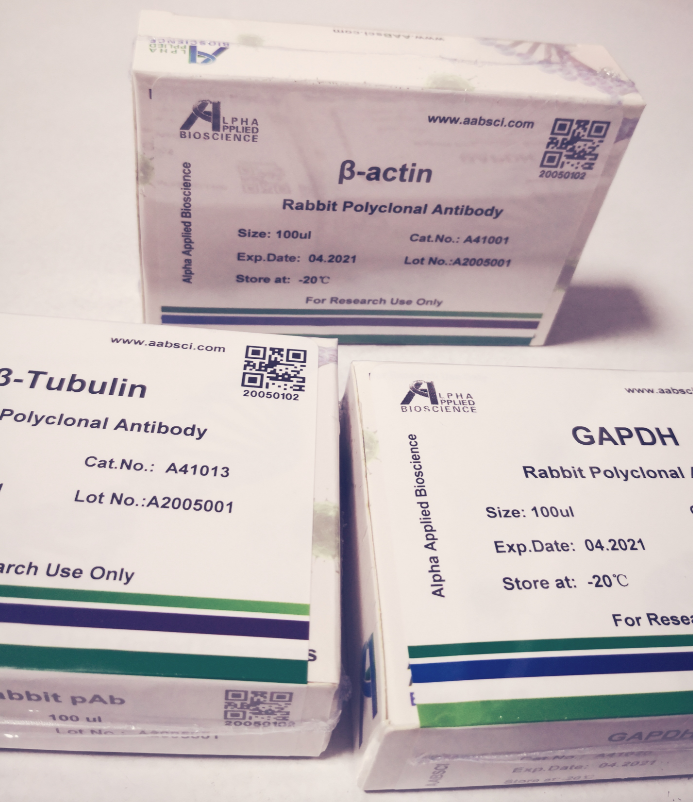

Product description
AKT serine/threonine kinase 1(AKT1) Homo sapiens The serine-threonine protein kinase encoded by the AKT1 gene is catalytically inactive in serum-starved primary and immortalized fibroblasts. AKT1 and the related AKT2 are activated by platelet-deriv
Source
Rabbit
Applications
WB,ELISA
Reactivity
Human,Mouse,Rat
Dilution
WB: 1/500 - 1/2000. ELISA: 1/20000. Not yet tested in other applications.
Storage
-20°C/1 year
Specificity
Phospho-Akt (Y326) Polyclonal Antibody detects endogenous levels of Akt protein only when phosphorylated at Y326.
Source/Purification
The antibody was affinity-purified from rabbit antiserum by affinity-chromatography using epitope-specific immunogen.
Immunogen
The antiserum was produced against synthesized peptide derived from human Akt around the phosphorylation site of Tyr326. AA range:292-341
Uniprot No
P31749
Alternative names
AKT1; PKB; RAC; RAC-alpha serine/threonine-protein kinase; Protein kinase B; PKB; Protein kinase B alpha; PKB alpha; Proto-oncogene c-Akt; RAC-PK-alpha
Form
Liquid in PBS containing 50% glycerol, 0.5% BSA and 0.02% sodium azide.
Clonality
Polyclonal
Background
AKT serine/threonine kinase 1(AKT1) Homo sapiens The serine-threonine protein kinase encoded by the AKT1 gene is catalytically inactive in serum-starved primary and immortalized fibroblasts. AKT1 and the related AKT2 are activated by platelet-deriv
Other
Gene_name: AKT1 ; Protein_name: RAC-alpha serine/threonine-protein kinase; Expression: Epithelium,Eye,Foreskin,Muscle,Ovary,Placenta,
Mol.Wt (Da)
60 kD
Concentration
1 mg/ml
-

Promotion
-

Order
-

Online message
-

Help center
 400-8363-211
400-8363-211
 Login
Login

 DataSheet
DataSheet
